Have you ever opened your laptop after a busy week and immediately let out a sigh at the disarray? Scattered files on your desktop cause unnecessary stress and can lead to important things falling through the cracks down the road. Organization is crucial to a productive workday, especially for those of us who work remotely.
With team members in multiple locations across the country, our Strive Management team has learned to maintain sound practices for top-notch organizations. Allow us to walk you through some of the ways we ensure our communication and project completion are safe and timely!
Declutter That Desktop
The first step to getting organized is to go through your files and folders and purge any unnecessary files taking up storage.
If you have a laptop or desktop computer that is strictly for work use only, the process may be quicker. It is best to start by determining which files you reference most often and which ones you rarely look at.
If you use your personal computer for work, the process may take more time. Start by combing through and separating your personal files from work files. Create a folder with your name, and then, after sifting through all the files, create subfolders organized by topic inside.
For example, if you have several invoices or financial documents, create a financial folder. If you have a lot of personal photos, create a photo folder, and so on.
Then, create a folder for work use only. In that folder, repeat the process by creating subfolders titled according to their category. You may choose to sort files by department, month, project, or priority. It is important that this sorting makes sense to you and streamlines your files.
This step may seem obvious at first, but it is often neglected because it takes time. However, it is crucial to get back on track!
Clean up those E-mails
Next, it’s time to address the chaos that is your professional inbox. Whether you use Outlook, Gmail, or Yahoo, most email platforms have tools for organizing emails.
You can sort emails in your inbox by creating folders for specific people, projects, departments, or conversations. However you choose to file the emails, it is important to check up on them frequently to ensure you don’t miss anything.
Another way to organize is by priority – you can always “flag” or “pin” an important e-mail thread that you need to re-visit. This is a good idea if you are having an especially busy day and need to backtrack later.
Get into Task Management Tools
Once your files and e-mails are cleaned up, it’s time to look into your task management. This step can seem overwhelming at first, but once you get the hang of it, it makes your workday significantly easier.
Monday.com is an excellent task management platform that our team at Strive can personally endorse. This site helps organize cross-team projects by allowing you to make notes, delegate tasks, and update completion status in real-time.
If you work alone, Microsoft Task Management might be a simpler solution. It allows you to list tasks and create subtasks to track your progress.
Protect Your Data
Lastly, it is important to discuss data protection and storage, especially if you have a high download volume.
It is a good idea to have a high-storage hard drive for sensitive documents just in case your computer crashes or gets hacked. If you are constantly sharing files and referencing documents with other team members, it is best to have a shared drive on the cloud where everyone on your team can upload.
For sensitive documents in the shared drive, such as password logs or financial documents, it is good practice to name the file a code name that only you and your team understand. This is just an extra layer of protection against potential prying eyes.
This step is key to protecting your business against potential threats like data loss or theft.
Conclusion
Once you’ve taken the necessary steps to transform your digital workspaces, you can move forward on projects with the confidence of knowing everything is where it belongs.
For more tips and tricks on advancing your career in the digital age, check out our other blogs, where we dive into topics like the importance of cyber security and having an online presence (getting a virtual address package).
Contact us for any office space needs.

